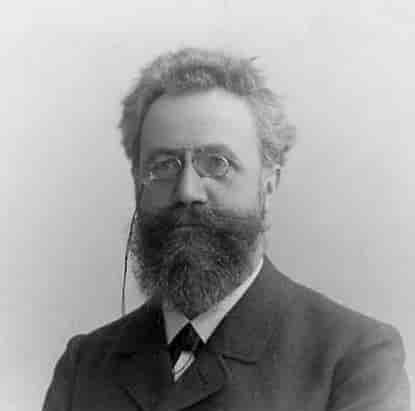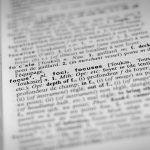Hermann Ebbinghaus was a psychologist primarily known for his research in the field of memory. His groundbreaking work focused on understanding the processes of learning and forgetting, and he conducted extensive experiments on himself to gather empirical data.
He studied the memorization of nonsense syllables (such as “wid” and “zof”) by repeatedly testing himself after various time periods and recording the results. He plotted these results on a graph, creating what is now known as the “forgetting curve”, which behaves like the exponential curve described by what is called “exponential decay function”.
The forgetting curve shows how learned information slips out of our memories over time – unless we take action to keep it there.
The steepest drop in memory happens quickly after learning, so it’s important to revisit the information you’ve learned sooner rather than later. After that, regular reviews will help to reinforce it. But you can leave longer and longer gaps between these review sessions.
This is known today as “spaced learning” or “spaced repetition”, which is a review technique where you repeat new information that you’ve learned at key moments on the forgetting curve to slow down the rate at which you forget.
Ebbinghaus investigated the rate of forgetting, but not the effect of spaced repetition on the increase in retrievability of memories. Practical applications of spaced repetition were first suggested by Mace in 1932.
The solid lines on the forgetting curve show how memory is boosted by each review session. The dotted lines show the forgetting that would have happened otherwise. Information still fades after each review. But it happens more slowly each time. So, you can leave longer and longer gaps between your review sessions as time goes by.
Ebbinghaus also concludes:
- It’s easier to remember things that have meaning. When Ebbinghaus tried learning meaningless syllables, he found they quickly dropped out of his memory. But, if you’re learning about a subject that really engages and interests you, then you’ll more likely retain that information for longer.
- The way something is presented affects learning. The same set of information can be made more or less memorable, depending on how clearly and powerfully it’s communicated.
- How you feel affects how well you remember. Ebbinghaus showed that physiological factors, like stress and sleep, also have a significant impact on how much information you retain.
In 1885 Ebbinghaus published his book Memory: A Contribution to Experimental Psychology. His work laid the foundation for the scientific study of memory and had a significant influence on subsequent research in psychology and education.








